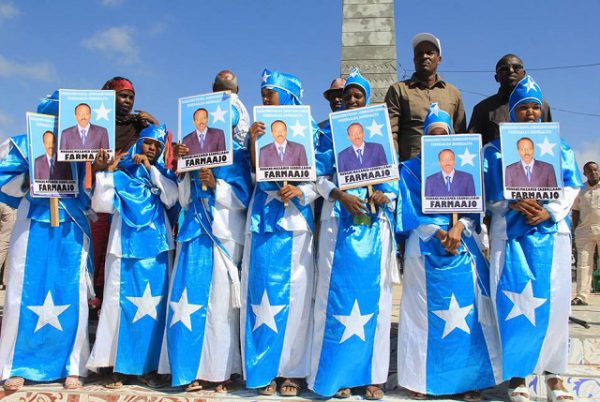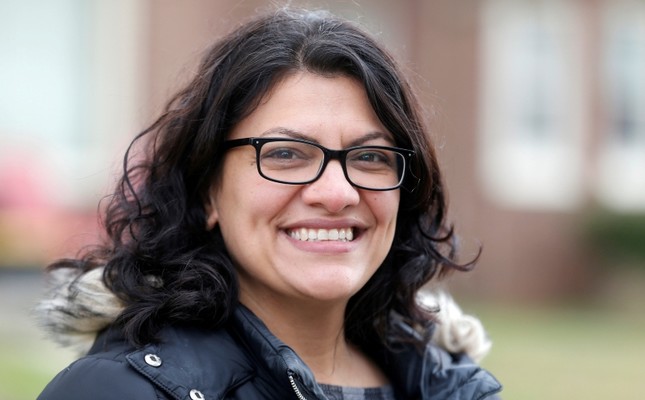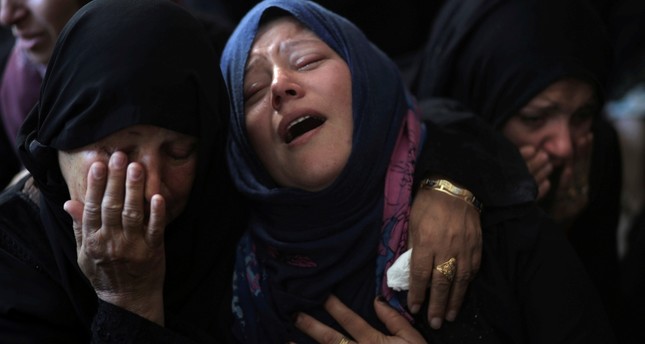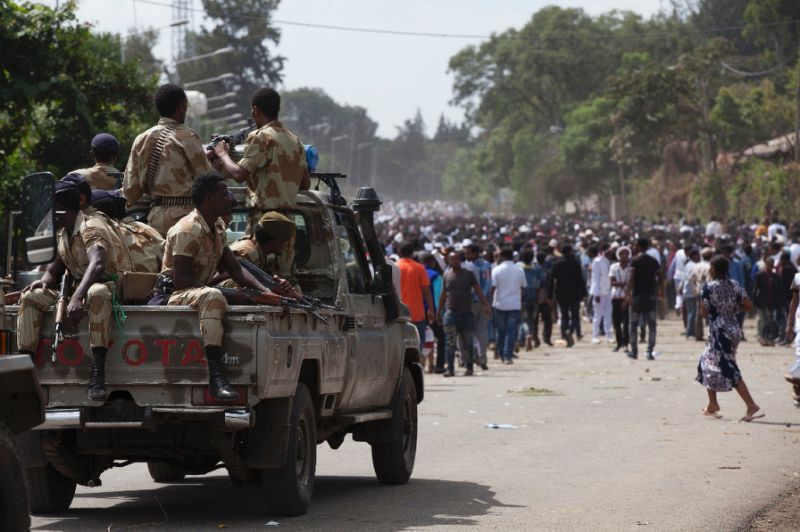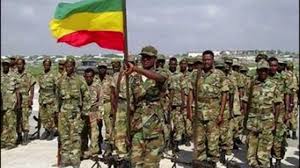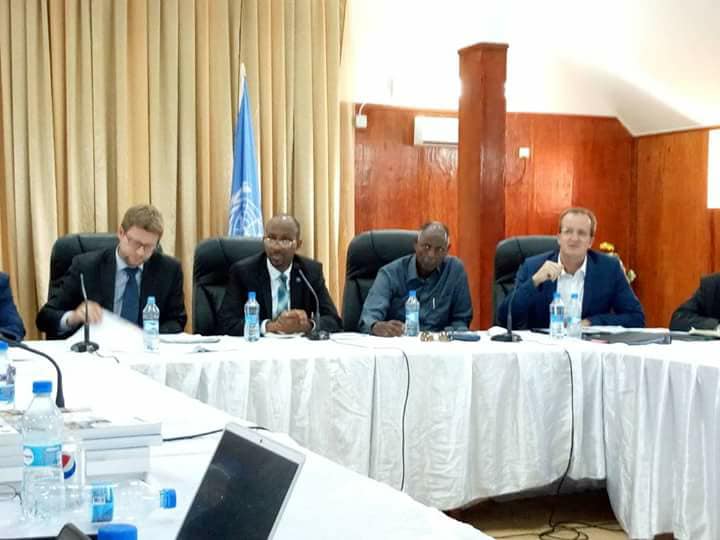The election of Mohammed Abdullahi Farmajo as Somalia’s president has inspired optimism for the future of Somalia.
Women carry posters of the newly elected Somalian President Mohamed Abdullahi Mohamed as they celebrate his victory, near the Daljirka Dahson monument in Mogadishu [Feisal Omar/Reuters]Women carry posters of the newly elected Somalian President Mohamed Abdullahi Mohamed as they celebrate his victory, near the Daljirka Dahson monument in Mogadishu
The stage seemed set for a ceremonial rubber-stamping of the status quo. Some of the new parliamentarians, many of who came through a corrupt process supported by domestic and foreign elements, started to arrive late and, at times, act unprofessionally on the floor.
Key officials, including the speakers of both chambers of the Federal Parliament, were awkwardly seated under the stage where ballots were being cast for the most important election in Somalia’s history. And the event itself was being conducted in Halane district, a geographical space that is physically located in Mogadishu, but in reality is entirely a different world – it is a type of a “Green Zone” for UN agencies, diplomatic missions, and private security.
Unlike what the beneficiaries of the status quo were expecting, February 8 has turned out to be a day of triumph for a nation that has fallen into a state of hopelessness and a day that would permanently be engraved in Somalia’s history. Against all odds, and in line with the public sentiment, Mohamed Abdullahi Mohamed (Farmajo) was elected president of Somalia.
The inter-clan and inter generational jubilation across Somalia, the neighboring countries and within the Somali diaspora demonstrate that the new president’s reputation transcends clan loyalties and that he has a clear public mandate. Both sides of the divided city of Galkayo celebrated, as did the city of Beledweyne. In both of these cities, brothers and sisters have been kept apart due to inter-clan hostilities.
Make no mistake: From the public perspective, this is a time of reckoning. This was not just a referendum against domestic evils of corruption and pathological looting of public resources and national assets. This was the roar of a nation that reached its tipping point.
First, it was a total rejection of clan-based federalism that kept Somalia dizzied and in a downward spin of discord, violence, and hate. This was a system engineered by foreigners and institutionalised by the “Yes, Sir” corner of the Somali political elite.

